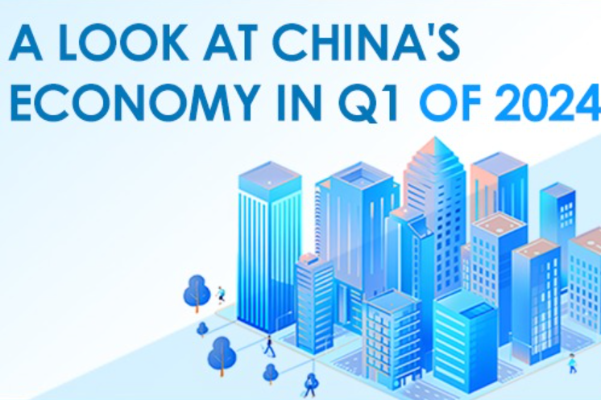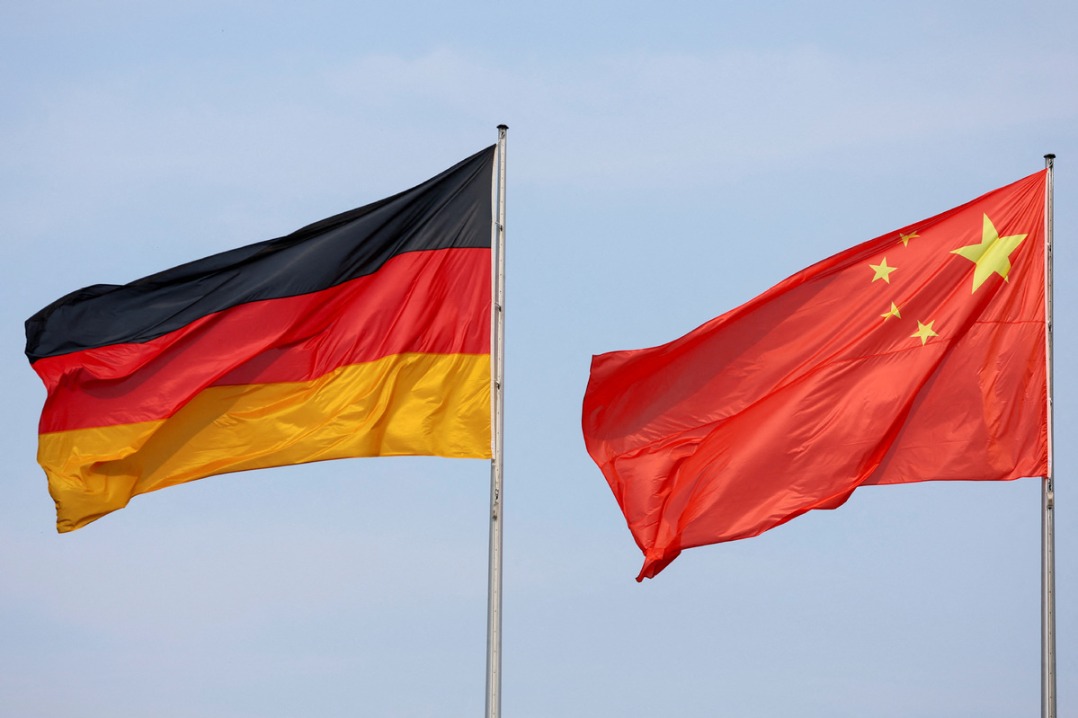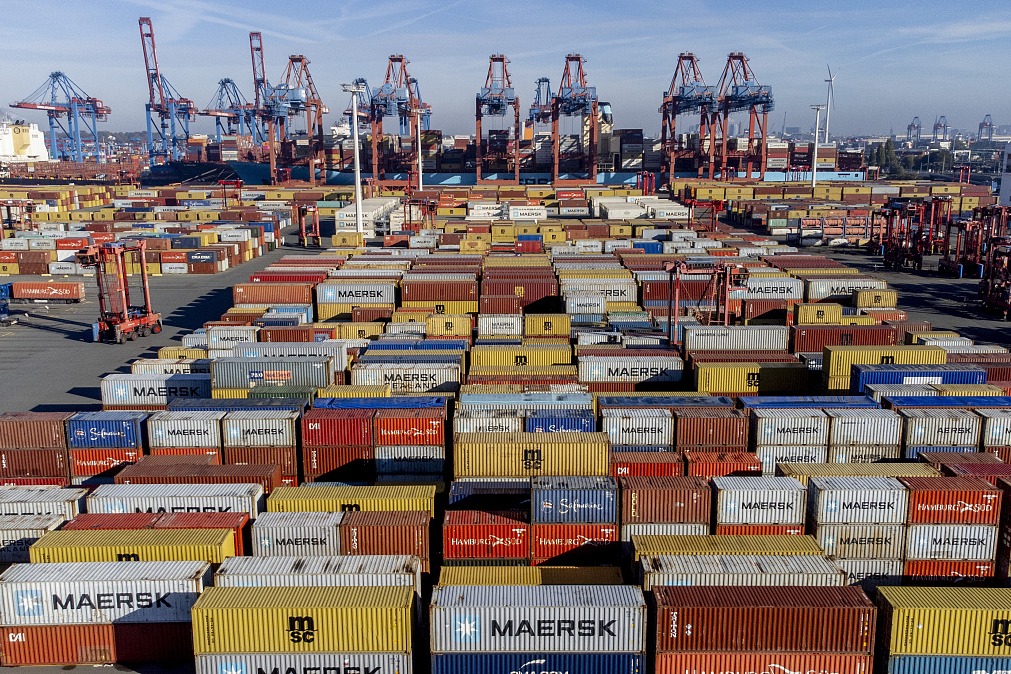B&R helps China firms to expand in overseas markets

After years of development, the Belt and Road Initiative is increasingly helping Chinese companies to go global, besides driving regional and global economic growth, said the top executive of Basilinna, a US-based strategic business consulting firm.
Deborah Lehr, CEO and founding partner of Basilinna and vice-chairwoman of The Paulson Institute, a Chicago-based think tank and research institution, said Chinese companies are now ramping up their efforts to expand overseas.
"The Belt and Road Initiative is a brilliant strategic initiative. Already, we are seeing changes taking place as a result of this effort. Countries like Saudi Arabia, the United Arab Emirates and Egypt are adjusting their own domestic strategic plans to reflect the priorities of the initiative, and to attract financing for infrastructure and other projects."
Lehr noted that a whole industry is being built around the initiative's needs and it is estimated to create a need for up to $2 trillion worth of infrastructure financing each year across the countries and regions relating to the Belt and Road Initiative.
"In terms of a market opportunity for financial institutions, it's huge," she said. "It could really cause a growth spurt. This growth is not just in those countries that need it the most-across Africa, the Middle East, Central Asia and Southeast Asia-but also in China. And, in turn, it could have a positive impact on global economic growth."
Thanks to the initiative, trade between China and markets participating in the Belt and Road Initiative reached $786 billion in the first three quarters last year, up 15 percent year-on-year.
Chinese businesses directly invested $9.6 billion in economies taking part in the initiative, up almost 30 percent year-on-year. And those economies invested $4.24 billion in China during the same period, up 34 percent year-on-year.
"China is such a significant economic player, and the Belt and Road Initiative could be globally transformational," Lehr said.
According to her, as small-and medium-sized companies are much nimbler, they can be more creative in financing and in the invested projects.
"In some cases, the Belt and Road Initiative may actually be more beneficial for the private sector," she said. "For large infrastructure projects, the biggest issues are political risk and how participants find measures to mitigate against foreign exchange risk. Much of the Belt and Road Initiative-related investment will be through very large infrastructure projects that take years to complete, and tend to be in countries that are less politically stable. Any fluctuations in foreign exchange can hurt the returns, or government changes can have an impact."
A recent report by US-headquartered mobile analytics company App Annie showed a growing number of Chinese companies, particularly mobile app developers, are targeting markets linked to the Belt and Road Initiative, and China's influence is expected to grow in the next few years.
Lehr said as Chinese companies continue to expand globally, they also need to be more aware of cultural and regulatory challenges in the overseas markets.
"Overcoming these miscommunications is the most complicated part, and the business facts are much easier to resolve. And they also need to learn about the local regulatory structure," she said.
MOST POPULAR
- 1 Things to know about China Intl Consumer Products Expo 2024
- 2 China tops FDI confidence index of emerging markets
- 3 China specifies steps to improve payment services in tourist attractions
- 4 Low-altitude economy set to take off
- 5 China's immigration service platform receives over 10m calls from home, abroad
Editors' Picks
 Infographic:
A look at China's economy in Q1 of 2024
Infographic:
A look at China's economy in Q1 of 2024
 Infographic:
China to remove foreign ownership restrictions in value-added telecom services in pilot areas
Infographic:
China to remove foreign ownership restrictions in value-added telecom services in pilot areas
 Infographic:
2023 Sino-German investment and trade in numbers
Infographic:
2023 Sino-German investment and trade in numbers
 Infographic:
China-Germany relations in graphic
Infographic:
China-Germany relations in graphic



